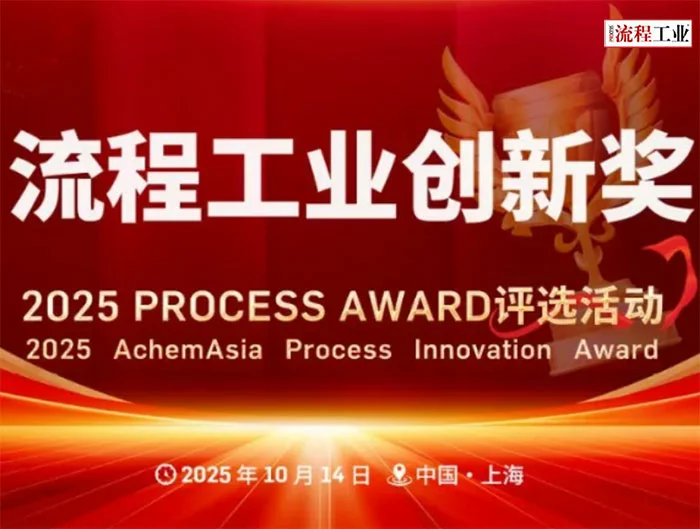-
The AchemAsia
-
For Exhibitors
-
For Visitors
- Search
- Press
- Language
-
Login
How do you want to sign in?
As visitor
With your personal myACHEMA account you have access to all extended features of ACHEMA online. E.g., you can save personal lists of equipment and services providers and you can directly contact them without need to enter your personal data.
As exhibitor
The ACHEMA Exhibitor Portal provides all information, documents and services for your AchemAsia 2025 participation.
Your login benefits
Save Bookmarks
Add notes
Export entries
Buy tickets




